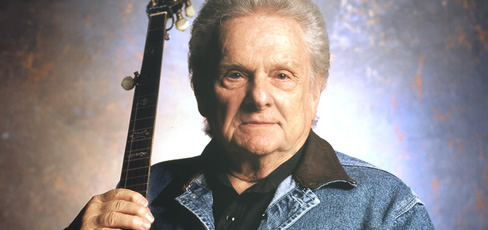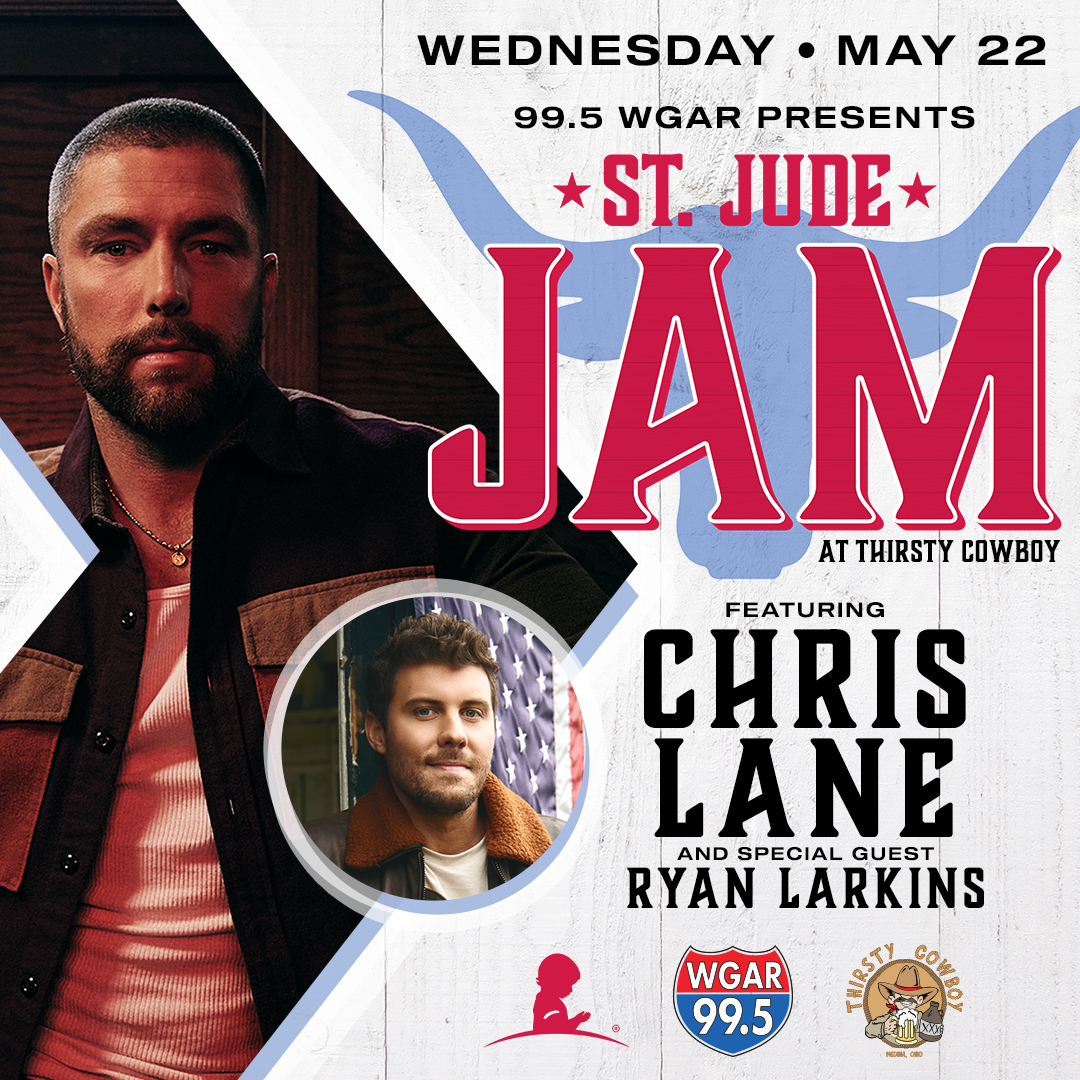Ralph Stanley was born on February 25, 1927 in McClure, Virginia and received his first banjo around the time he was 15 or 16 years old and learned to play “clawhammer style” from his mother. Directly after graduating high school he joined the Army and served a little over a year. When he returned home he immediately began playing music with his brother Carter in the the “Stanley Brothers” and also as the leader of his band, “The Clinch Mountain Boys.”
He continued to play music after his brother passed away in 1966 and had a resurgence after his music was popularized in the movie, “O Brother, Where Art Thou?” in 2000, which also featured Stanley on the song, “O Death.” Stanley was still performing and had announced his farewell tour in 2013 that lasted until 2014, but later stated he would never retire from music. He passed in his sleep on June 23, 2016 after a battle with skin cancer.
Known to many as Dr. Ralph Stanley, after he was awarded an Honorary Doctorate of Music from Lincoln Memorial University in Harrogate, Tennessee in 1976, he was awarded with a National Medal of Arts in 2006, a Grammy Award in 2002 for his song from “O Brother, Where Art Thou?” and was inducted into the International Bluegrass Music Hall of Honer and died as the oldest member of the Grand Ole Opry.
His style of banjo playing, sometimes called the “Stanley style,” evolved from the two-finger technique and later was influenced by the three-finger technique. In “Stanley style”, the rolls of the banjo are continuous, while being picked closer to the bridge on the banjo, giving the banjo a very crisp sound when the player would strike them.
Stanley wrote or co-wrote more than 200 songs, including “Hard Times” and “The Darkest Hour Is Just Before the Dawn.” He was featured in the Josh Turner song “Me and God” in 2006 and was a “musical hero” of Dwight Yoakam and many other country artists revere him as a pioneer of bluegrass music.










1 Comment